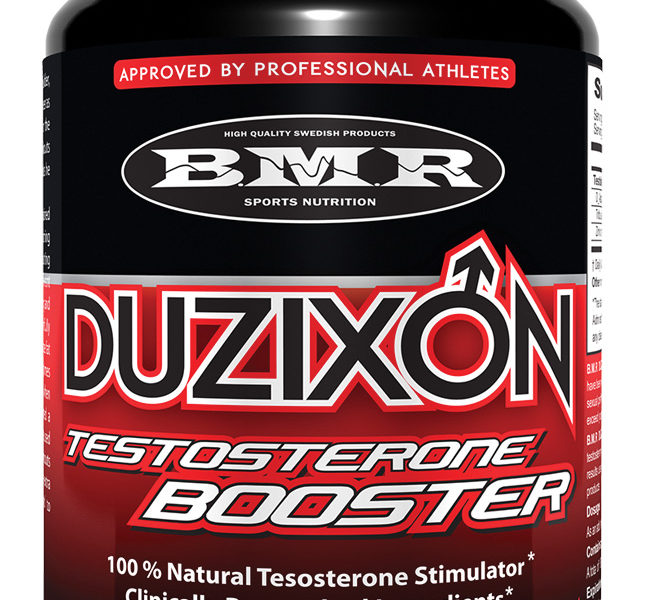

We pick our five favorite natural testosterone boosters.
By Jenevieve Roper, PhD, CSCS
We all know it. It’s been common knowledge for many years. Testosterone equals gains. Testosterone is the male sex hormone that is responsible for greater muscle mass and strength, as well as greater bone density and strength. Adult men typically have seven to eight times more testosterone compared to females, who produce very little testosterone. The result? Men end up being naturally bigger, faster, and stronger compared to women. But even still, some men don’t secrete as much testosterone as others (especially as they age), leaving them at an anabolic disadvantage. As unfair as that sounds, there are some ways you can level the paying field by helping to boost your testosterone levels (naturally and legally, and without a prescription) and keep your gains on track.

Nettle Root Extract
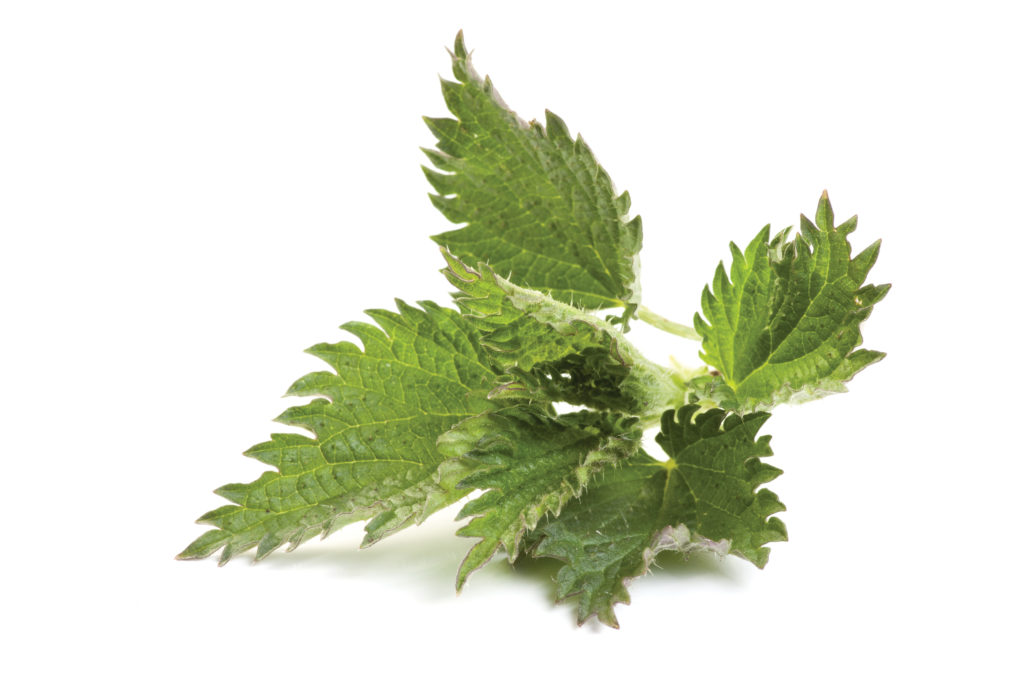
Stinging nettle is a plant that has been used throughout the ages for many reasons. The above-ground parts of the plant, like the leaves, can be applied to the skin for muscle aches and pains, as it has some anti-inflammatory effects. But we’re more interested in the extracts of the root.
Nettle root contains lignans, which help prevent the binding of sex hormone-binding globulin to testosterone. With testosterone unbound, there is an increase in free testosterone. This may have two positive benefits: 1) There is more free testosterone that can bind to receptors on muscle cells and promote muscle protein synthesis, and 2) It reduces prostate size associated with benign prostatic hyperplasia (BPH). Although detectable levels of testosterone may not change, there may be more available to the muscles for use compared to without it. However, we still need a bit more research to confirm this observation.
Nettle root extract has a small risk for adverse event and toxicity. A dose of 120 milligrams three times a day has been shown to be beneficial for those with BPH. The optimal dose for boosting testosterone levels is not currently known, but a similar dose as mentioned above is a good starting point. Assess your tolerance before increasing the dose to potentially see the boost in testosterone and gains.
Tribulus Terrestris

Tribulus terrestris (TT) is an herb that has been used throughout the ages to help energize men, improve sexual function, and enhance physical performance. Although several studies have been conducted, the mechanism of action has not yet been pinpointed. Nevertheless, it is widely believed that TT can increase the androgen metabolism and subsequent testosterone levels.
Of the studies conducted, not many have found a significant increase in testosterone levels. A 2005 study done in healthy young men failed to show that there was a change in total testosterone levels. However, a 2003 study with similar results determined that although there was not an increase in total testosterone, free testosterone levels increased. Also, in men with low sperm count, TT supplementation increased testosterone levels by 16 percent. We need a bit more research to confirm that the increase in free testosterone levels occurs without an increase in total testosterone.
Research has not determined an optimal dose for TT. Doses have ranged from 450 milligrams a day up to six grams a day and more. Start with a low dose and assess your tolerance. Increase from there as long as there are no significant side effects presenting.
Mucuna Pruriens Seed Extract
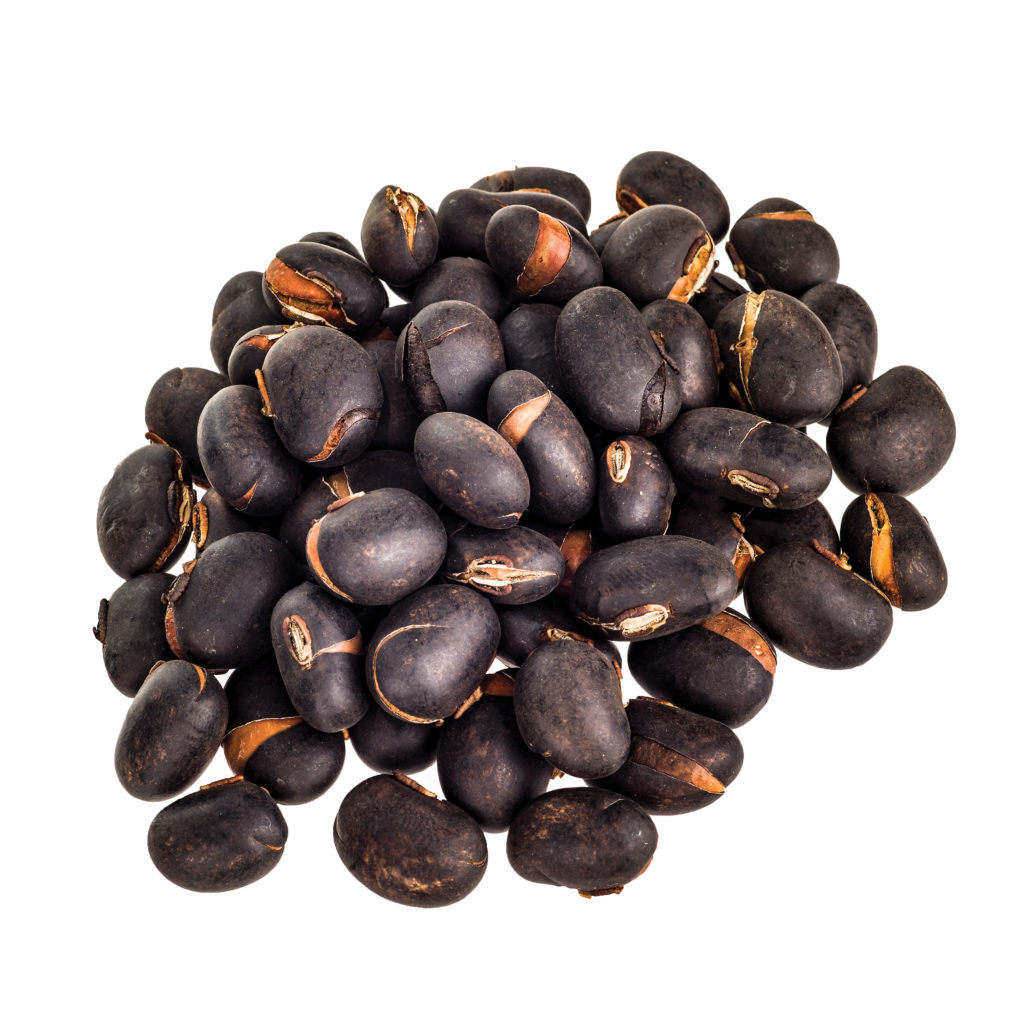
Mucuna pruriens (MP) is a bean that grows from trees. It is best known as a source of L-dopa, a dopamine precursor, and its ability to treat Parkinson’s disease. A lot of research has been conducted on MP in both animals and humans. Some results appear to be questionable, but there is a common trend that has appeared.
Mucuna pruriens has consistently been shown to increase testosterone levels in infertile men, whether they have normal or low sperm counts. However, this has not been confirmed in healthy men. But do not fret, animal research has confirmed that in normal, healthy males, there is a significant increase in testosterone levels. This is a positive finding. More research needs to be conducted in healthy human males to confirm its ability to improve testosterone levels and/or free testosterone levels.
Most of the experimentation done in humans indicates that a dose of five grams per day is needed to improve testosterone levels. But it should be used with caution for those who may be using MAOIs and any compound that is contraindicated with L-dopa treatment. Double check your medicine cabinet before making the dive.
Zinc
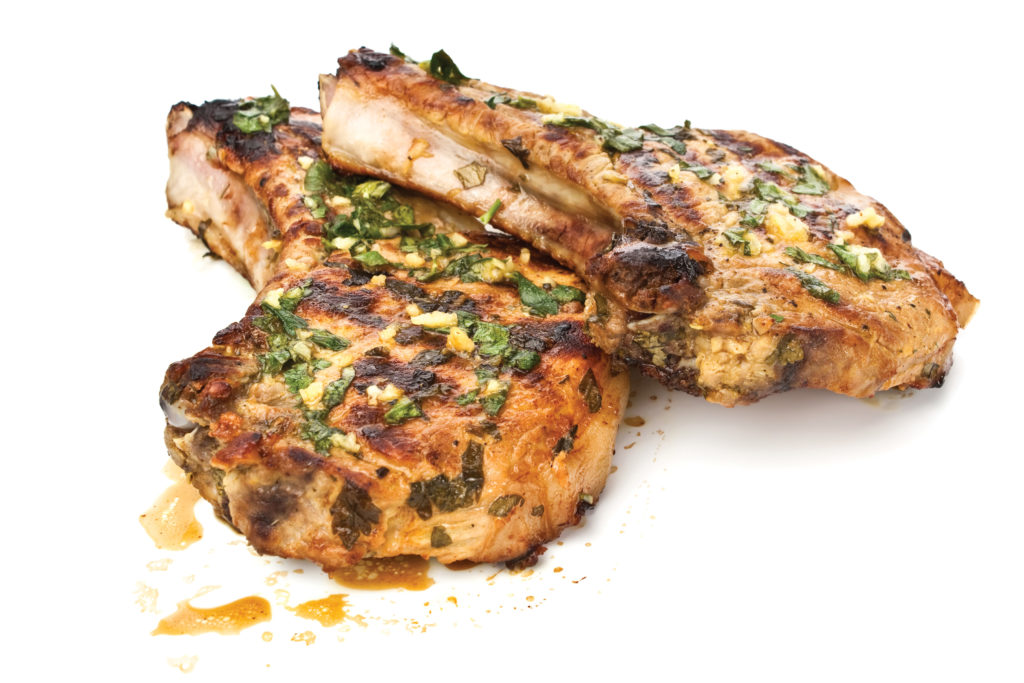
Zinc is an important micronutrient whose deficiency has been linked to several significant health outcomes. It can be found in most meat products and several plant sources as well, including vegetables, nuts, peas, and seeds. Research on zinc has consistently showed that a deficiency leads to reduced serum testosterone levels and that supplementation will increase zinc levels and subsequently testosterone as well. One thing to note, zinc is lost in sweat. Therefore, it’s possible that you can be at risk for a deficiency due to high-intensity training and may benefit more from zinc supplementation than those who do not perform high-intensity exercise.
Early studies have shown that there is an increase in testosterone levels from zinc supplementation. Most of this research has been done on infertile men with initially low testosterone levels. However, it was determined that zinc supplementation was able to prevent the reduction in testosterone levels that is often seen with exhaustive exercise.
There are several dosing recommendations for zinc. If you are highly active and train intensely on a daily basis, it’s probably better to take a dose of 25 to 45 milligrams per day since you’re likely at risk of a zinc deficiency. If you don’t train at beast mode levels, then five to 10 milligrams per day is a sufficient dose. Do note that the tolerable upper limit of zinc supplementation is 40 milligrams per day, as it can interfere with calcium, magnesium, and iron transport and absorption.
D-Aspartic Acid
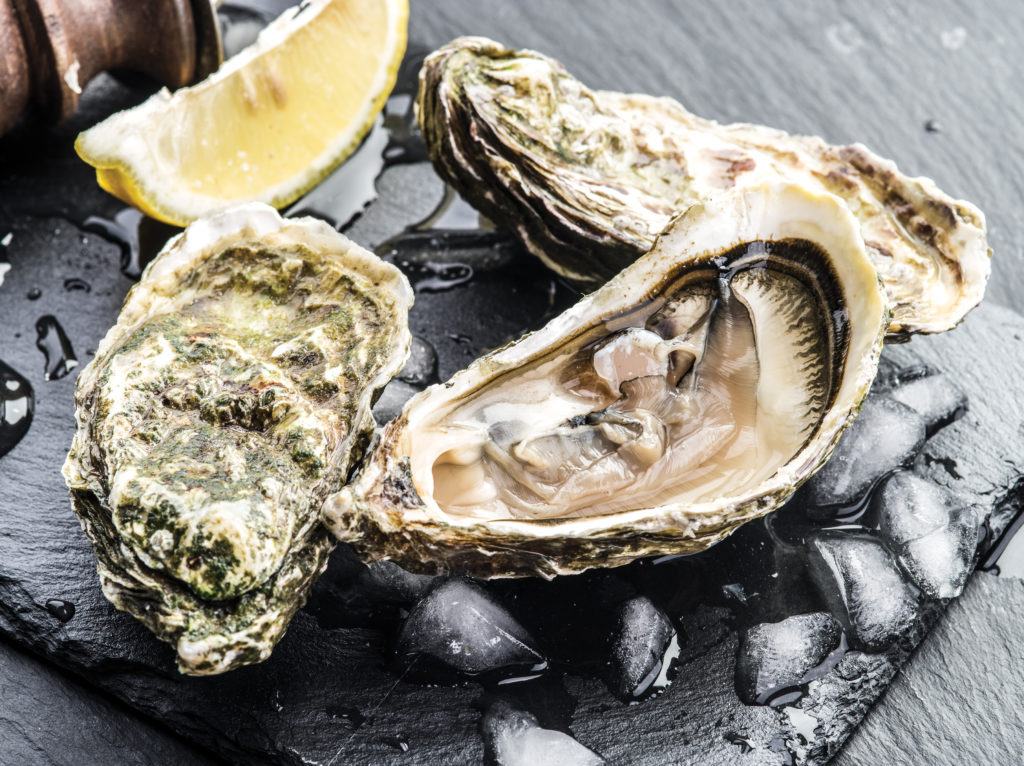
D-aspartic acid (D-AA) is an amino acid that regulates testosterone synthesis. While there is another form of aspartic acid known as L-aspartic acid, the testosterone boosting benefits are specific to D-AA. It can be found in oysters, sausage, avocados, and asparagus, just to name a few. But the amount consumed in foods does not reach the dosing recommended for supplementation.
Research has been somewhat inconsistent with D-AA. It has been shown to increase testosterone levels in infertile men with low testosterone levels. However, other studies have found that there is no increase in testosterone in resistance-trained men. A promising study published in 2009 determined that healthy men were able to increase their serum testosterone levels during supplementation and remained slightly elevated for three days after suspension of treatment. Very few studies have been conducted in healthy males, and it appears that dosing during experimentation may be the cause of inconsistent results.
The standard dose is between two and three grams per day and should be taken daily in order to maintain the increase in serum testosterone levels. The 2009 study that showed improvements in testosterone levels used a dose lightly above three grams per day (3.12 grams). More research is needed to determine the requirement for cycling D-AA.
The Back-Up Plan
If you decide to try a testosterone booster—or if you are on prescription testosterone, or even if you have the natural levels of an 18-year old Arnold—there are some basic practices you can do to maintain or improve your levels. Many of these jibe with a healthy, well-balanced lifestyle that will enhance long-tem vitality anyway.
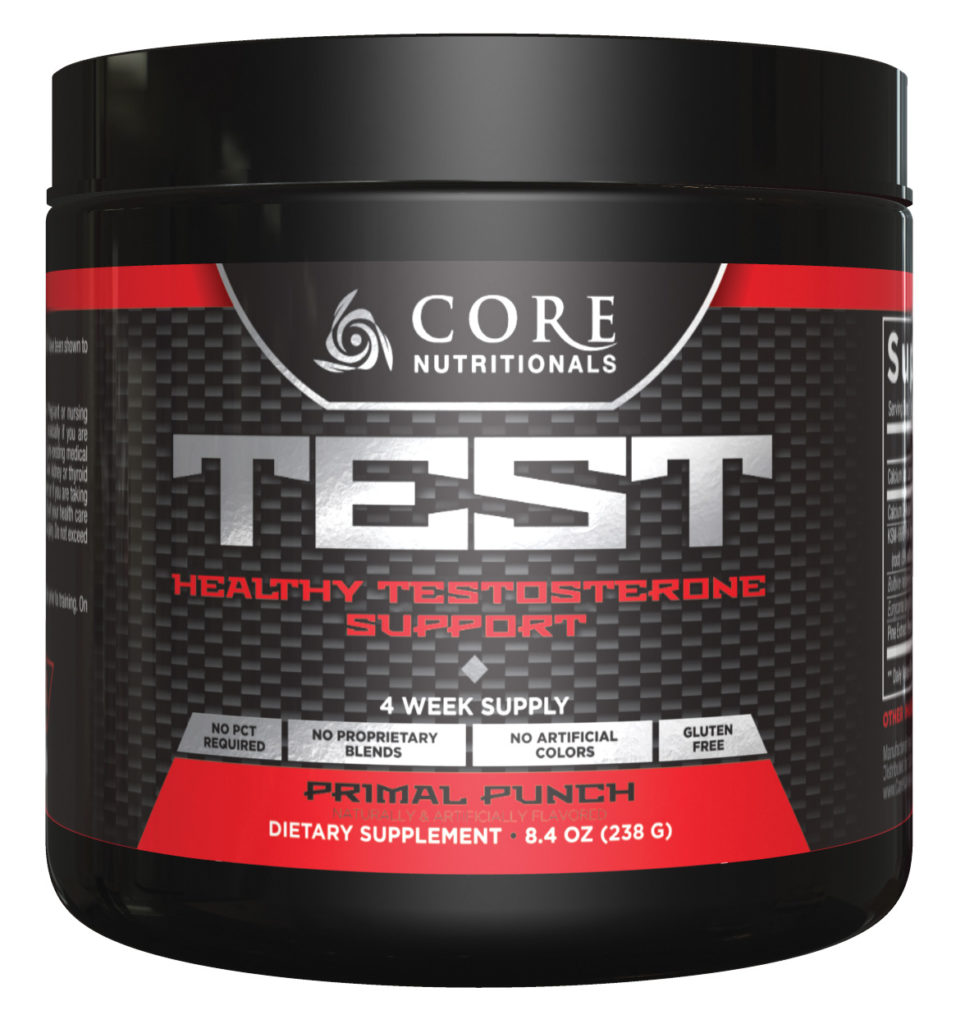
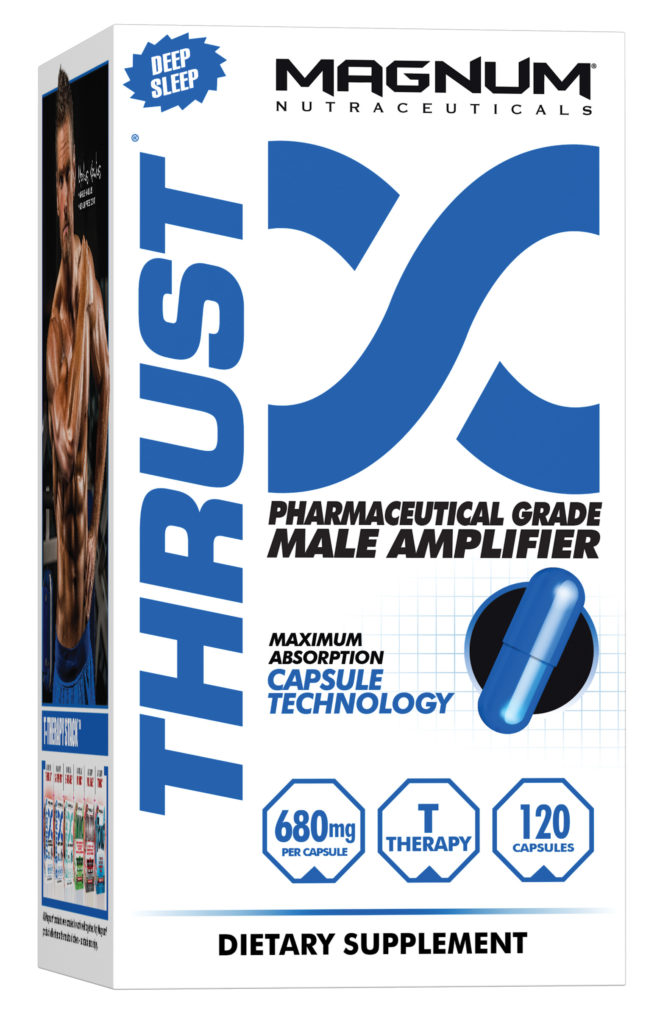
As always, I have to give a minor warning: High testosterone levels are commonly thought to be linked with prostate cancer. The evidence to support this leans more toward correlation than causation. My own theory is that mainstream consumers suffered a bad case of “bro science telephone” concerning androgen suppression therapy, the common practice of blocking testosterone production in men with existing prostate cancer. Somehow a medical treatment for cancer patients turned into “testosterone causes prostate cancer.” While there is little basis for this, the lesson seems to be, if you make the effort to manage your testosterone level, you should be equally as observant and vigilant about your prostate health.
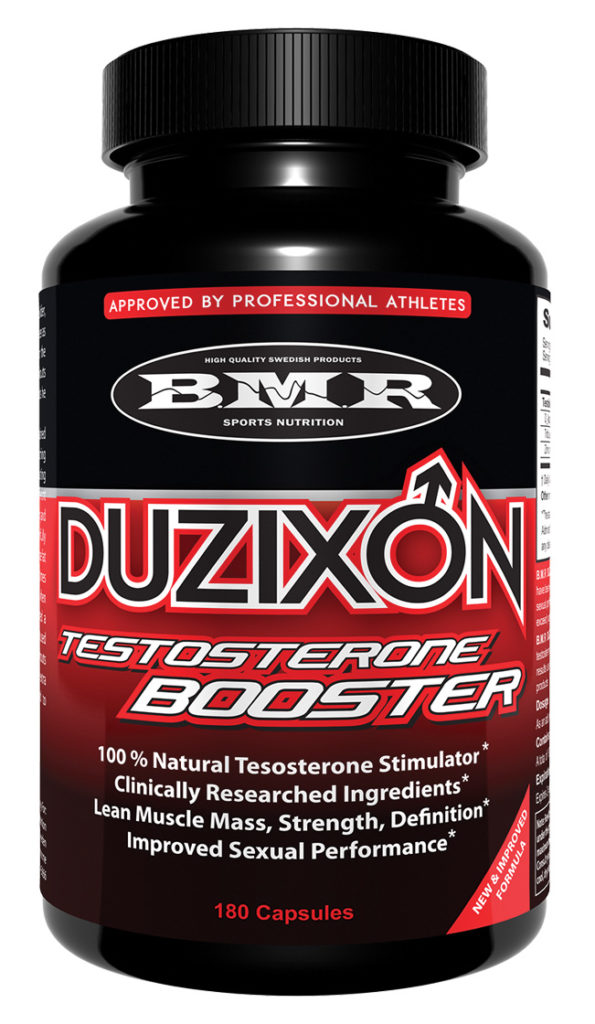
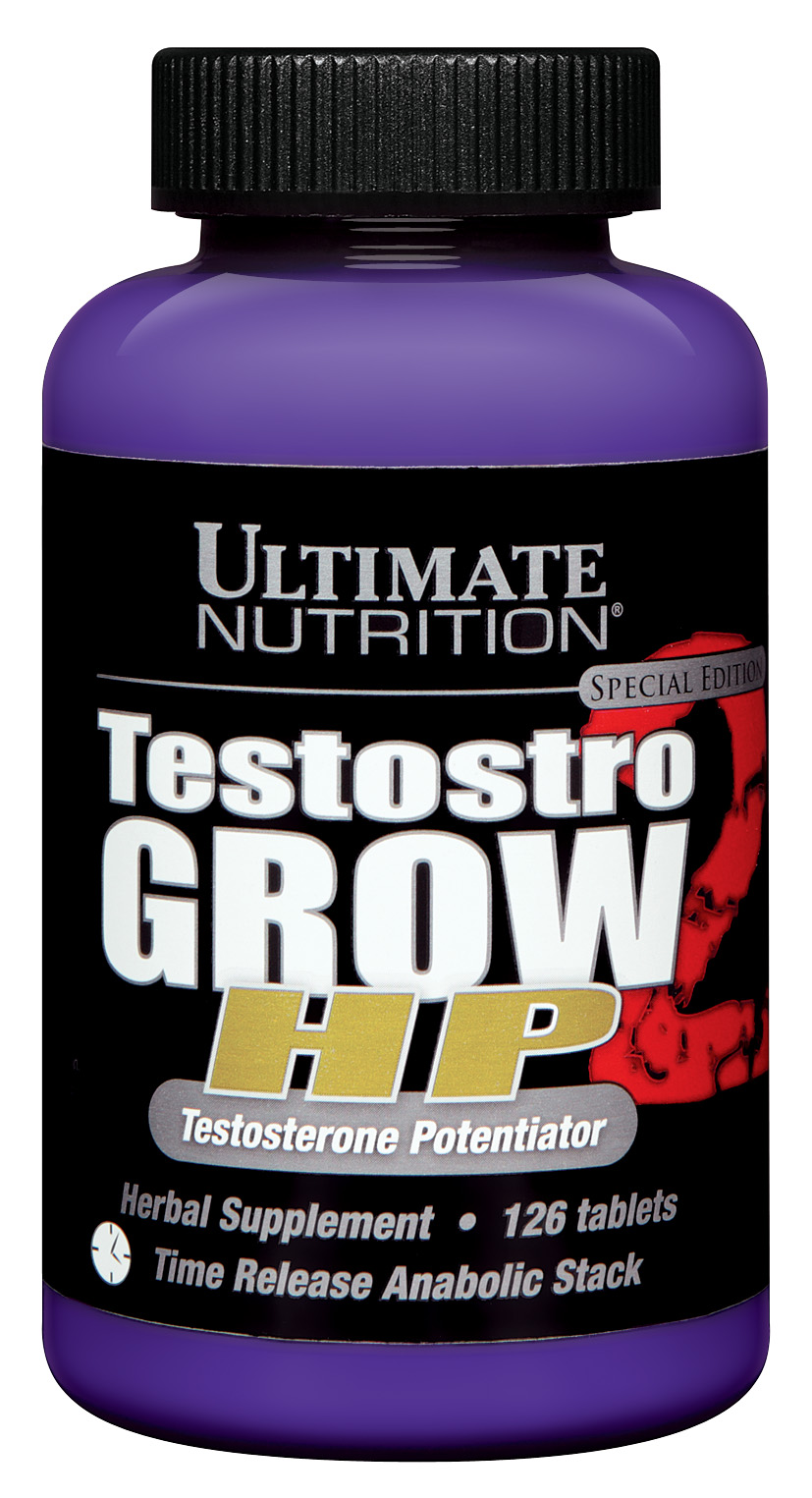
- Zinc Deficiency: As mentioned in the article, low levels of zinc have been linked with low testosterone levels. Make sure to eat foods rich in zinc, take a multivitamin, or try a ZMA product.
- Low-Fat Diet: This may surprise some of you, but a low-fat diet (approximately 15 percent of total calories from fat) has been linked with reduced serum testosterone levels. Typically, a low-fat diet leads to reduced cholesterol levels. This is good for your arteries, but bad for your gains as cholesterol is needed to make testosterone. Dipping into low-fat territory for limited spans, such as contest prep, is fine, but spending most of your year restricting your calories from fat can negatively impact your hormone levels.
- Low-Carb Diet: Another interesting, but surprising, finding is that a low-carb diet can drastically reduce your testosterone levels. This is likely because when there is a reduction in available glucose to the brain, it reduces the release of gonadotropin-releasing hormone, which leads to reduced testosterone synthesis.
- Alcohol: Sorry, guys, it’s true. Studies have shown that heavy drinkers are known to have lowered testosterone levels. But don’t worry, a few drinks here and there won’t turn you into a pumpkin.
- Soy: This is commonly known, but overeating soy products (especially processed soy) does lower testosterone levels. They potentially disrupt the production of thyroid hormones, which is considered a major cause of low testosterone levels. IM







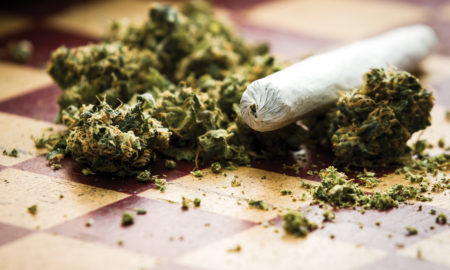










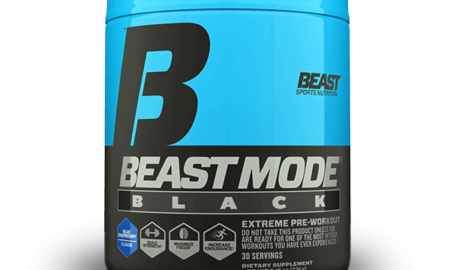
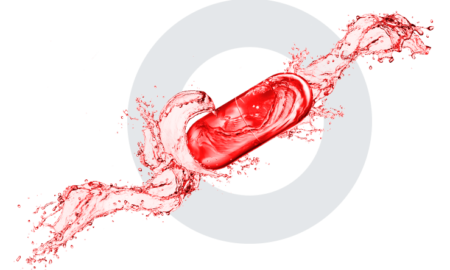

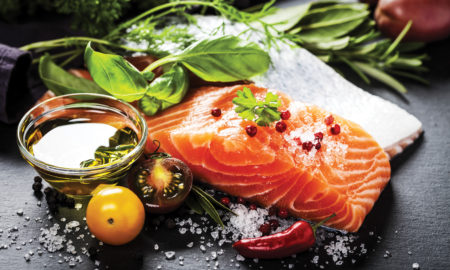
You must be logged in to post a comment Login